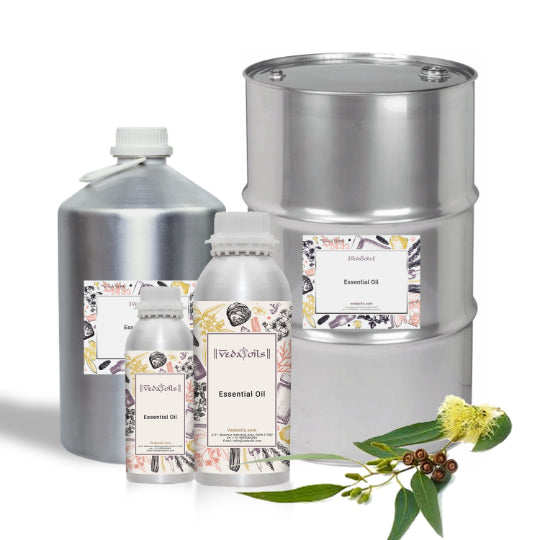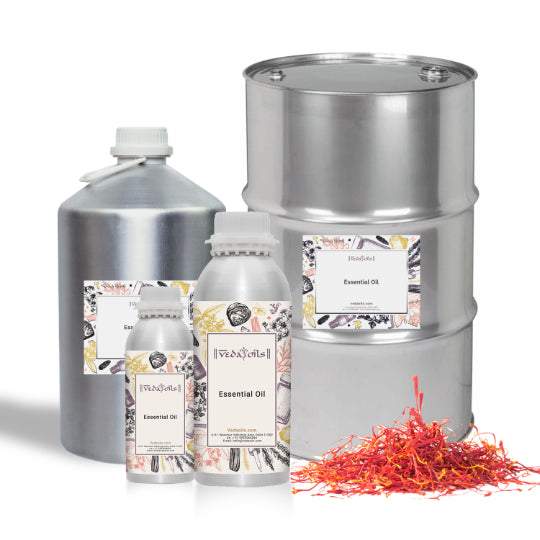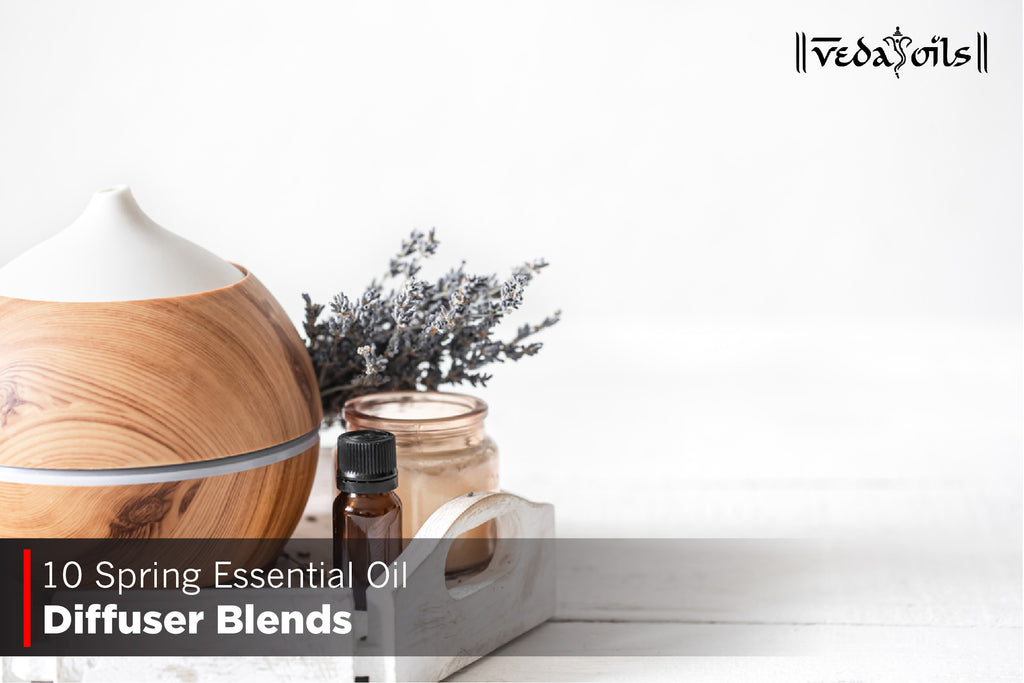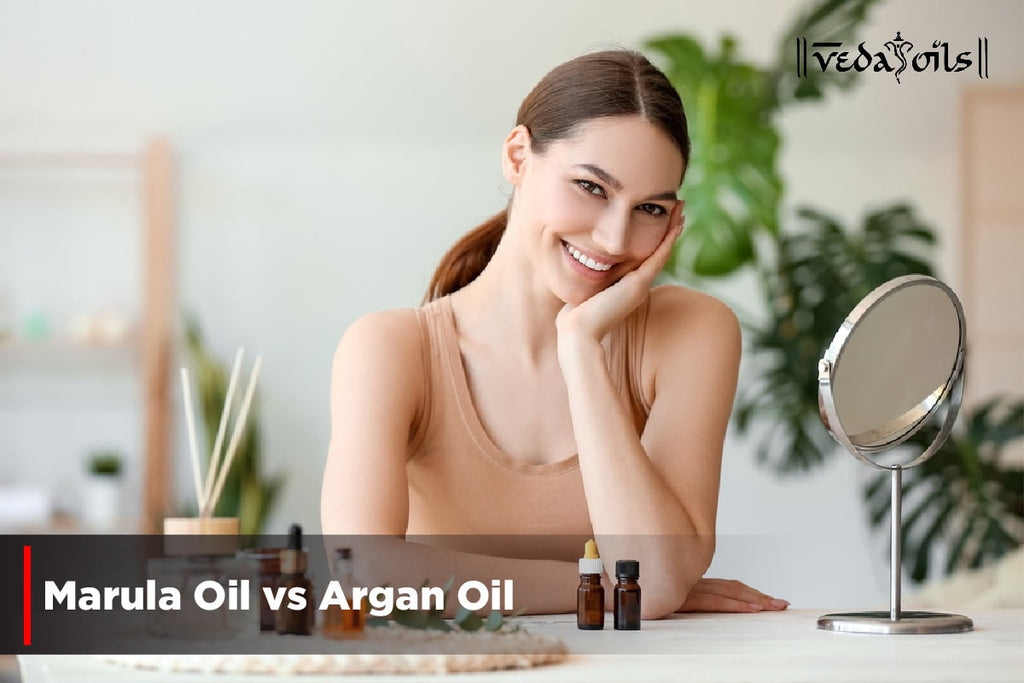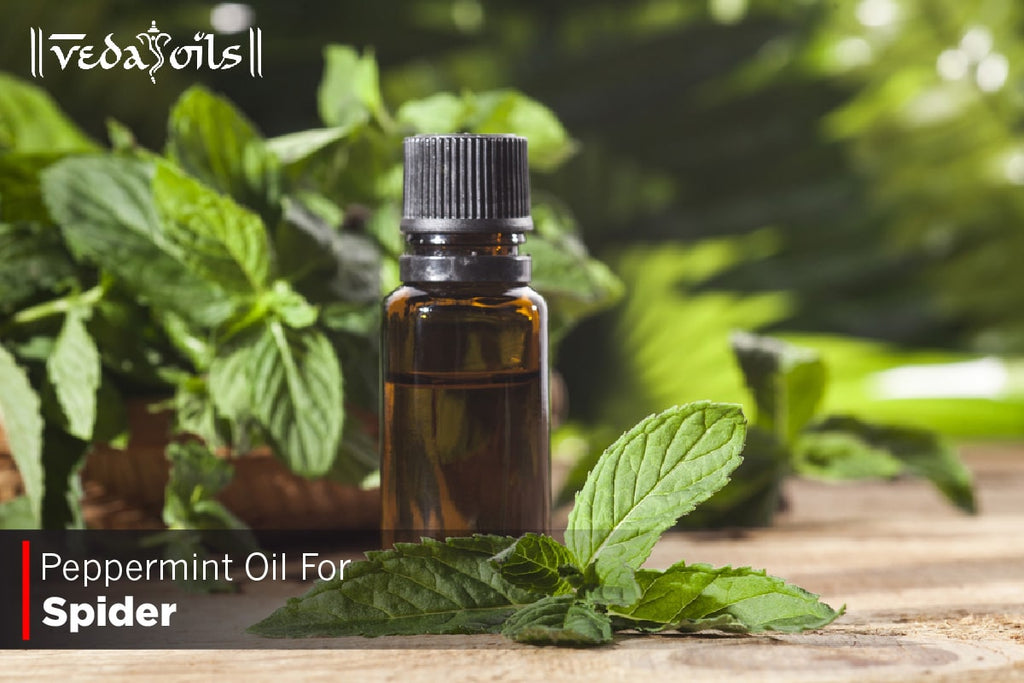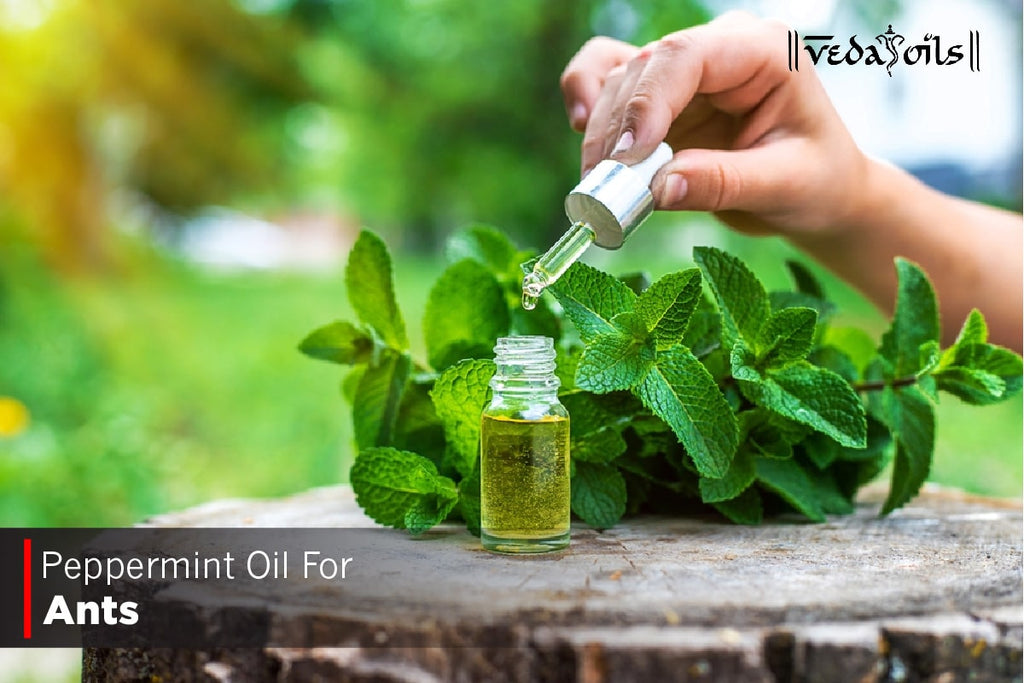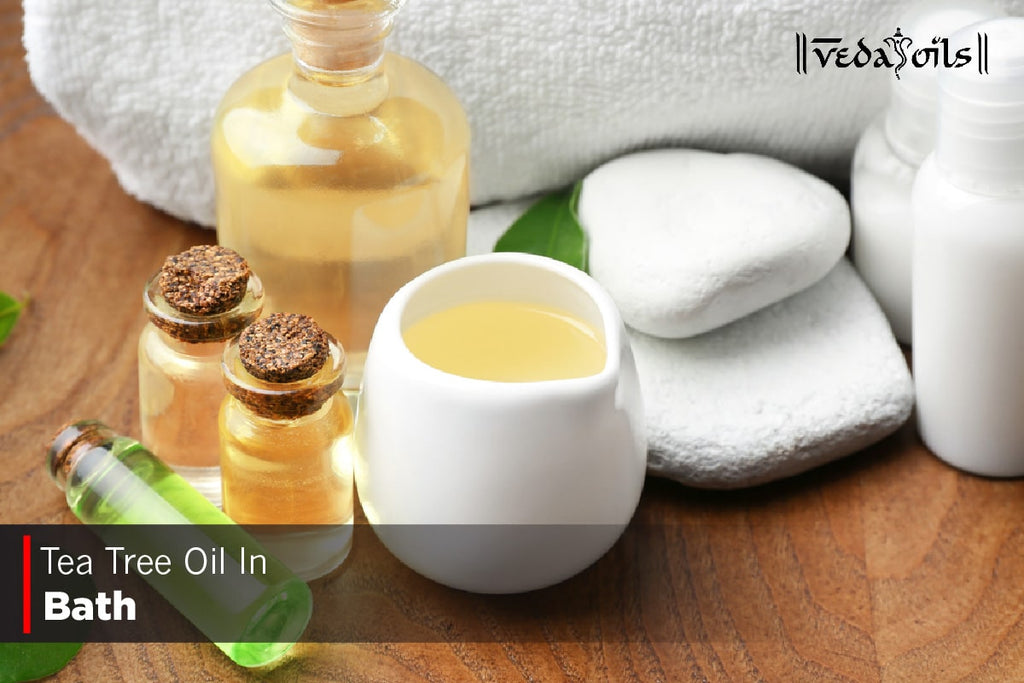Essential oils have been around for centuries, and we can't deny the therapeutic value they offer us in every aspect. For those unaware, essential oils are highly concentrated liquids derived from plants that have been used for medicinal and therapeutic purposes. However, with the growing demand for essential oils, there has been a rise in the production of low-quality essential oils, which can be harmful and less effective.
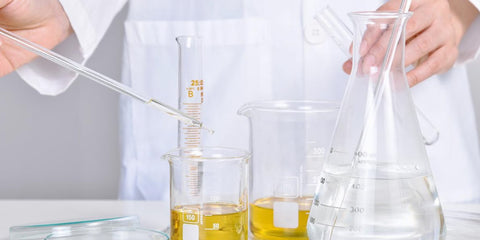
To ensure that you are using high-quality, pure essential oils, it is very important to understand the quality control measures that go into their production. In this blog, we will be discussing all the critical quality checks performed on essential oils that ensure their authenticity and purity. With this list, you can make informed choices when purchasing essential oils.
How Does Quality Play an Important Role in Essential Oils?
Quality plays a crucial role in essential oils because the effectiveness and safety of these oils are directly linked to their purity and authenticity. Pure essential oils contain the natural chemical compounds present in the plant from which they are derived, and they are free from any synthetic additives or adulterants.

When essential oils are produced and handled with care, they retain their natural therapeutic properties, making them safe and effective for various health and wellness purposes. On the other hand, low-quality or adulterated essential oils can be harmful to health and less effective. Adulterated oils may contain synthetic fragrances or other chemicals, which can cause skin irritation, allergic reactions, or even toxicity.
Different Ways To Check the Quality of Oils
- Refractive Index: The refractive index measures the speed at which light passes through the essential oil. Each oil has a unique refractive index, which can help determine its purity and authenticity. A higher refractive index can indicate the presence of additives or adulterants.
- Optical Rotation: Optical rotation measures how the essential oil interacts with polarized light. Each oil has its unique optical rotation, which can help determine its purity and authenticity. Any deviation from the expected optical rotation can indicate the presence of additives or adulterants.
- Specific Gravity: Specific gravity measures the density of the essential oil. Each oil has its unique specific gravity, which can help determine its purity and authenticity. Any deviation from the expected specific gravity can indicate the presence of additives or adulterants.

- Melting Point: The melting point is the temperature at which the essential oil changes from solid to liquid. Each oil has its unique melting point, which can help determine its purity and authenticity. Any deviation from the expected melting point can indicate the presence of additives or adulterants.
- Thin Layer Chromatography (TLC): TLC is a technique to separate and identify the chemical components in an essential oil. It can help determine the purity and authenticity of the oil by comparing the chemical components with known standards.
- Chemical Analysis: The chemical analysis involves using various laboratory techniques to identify the chemical components in an essential oil. It can help determine the purity and authenticity of the oil by comparing the chemical components with known standards.

- Gas Chromatography: Gas chromatography is a technique to separate and identify the chemical components in an essential oil. It can help determine the purity and authenticity of the oil by comparing the chemical components with known standards. Gas chromatography is a highly sensitive and accurate method of testing the quality of essential oils.
Conclusion
In conclusion, essential oils are a way to treat your health issues naturally. However, the quality of essential oils is crucial to their effectiveness and safety. Low-quality and adulterated oils can harm health and be less effective. Therefore, it is essential to understand the quality control measures that go into their production. After all, in the end, using high-quality essential oil helps us reap the benefits of their natural therapeutic properties and improves our overall well-being.


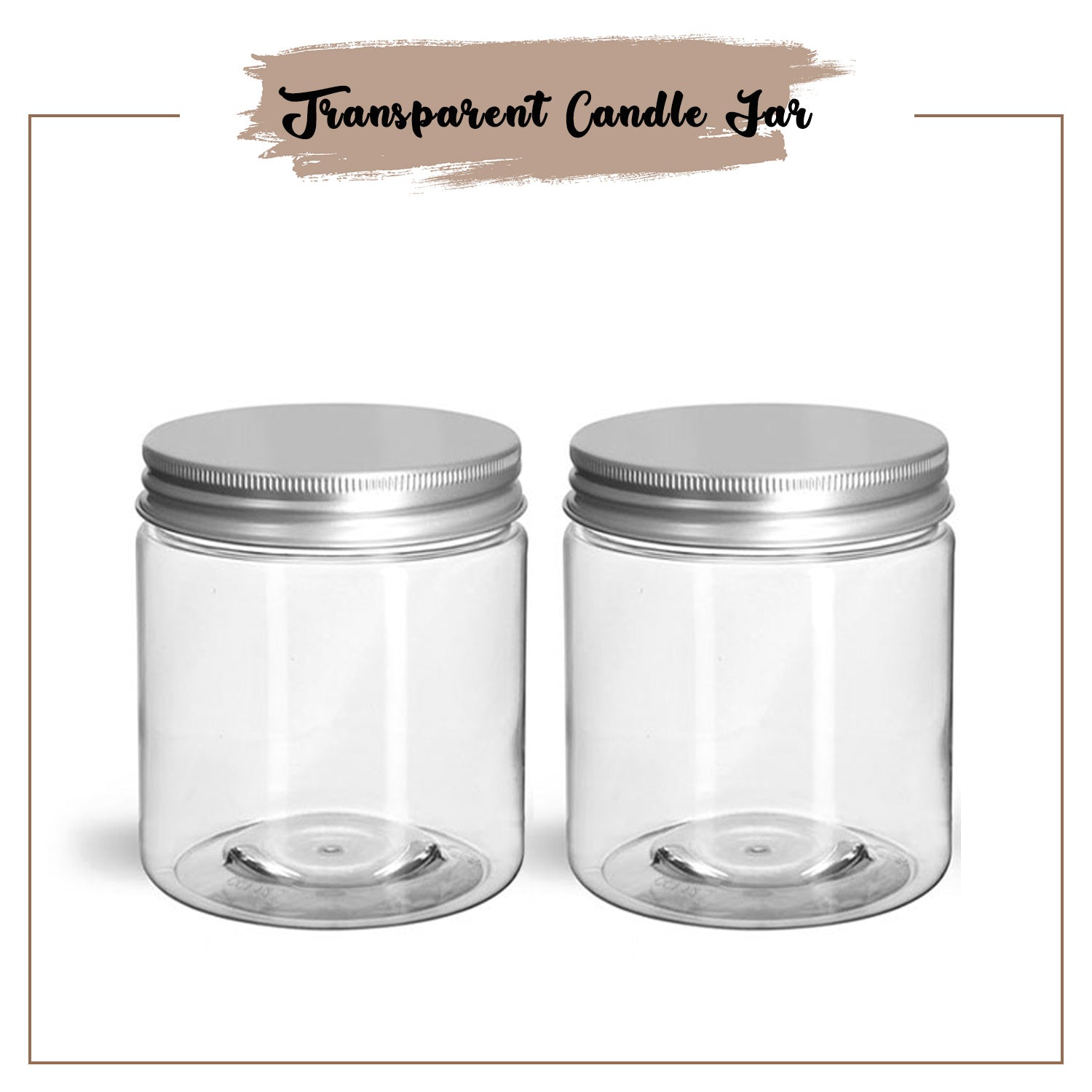

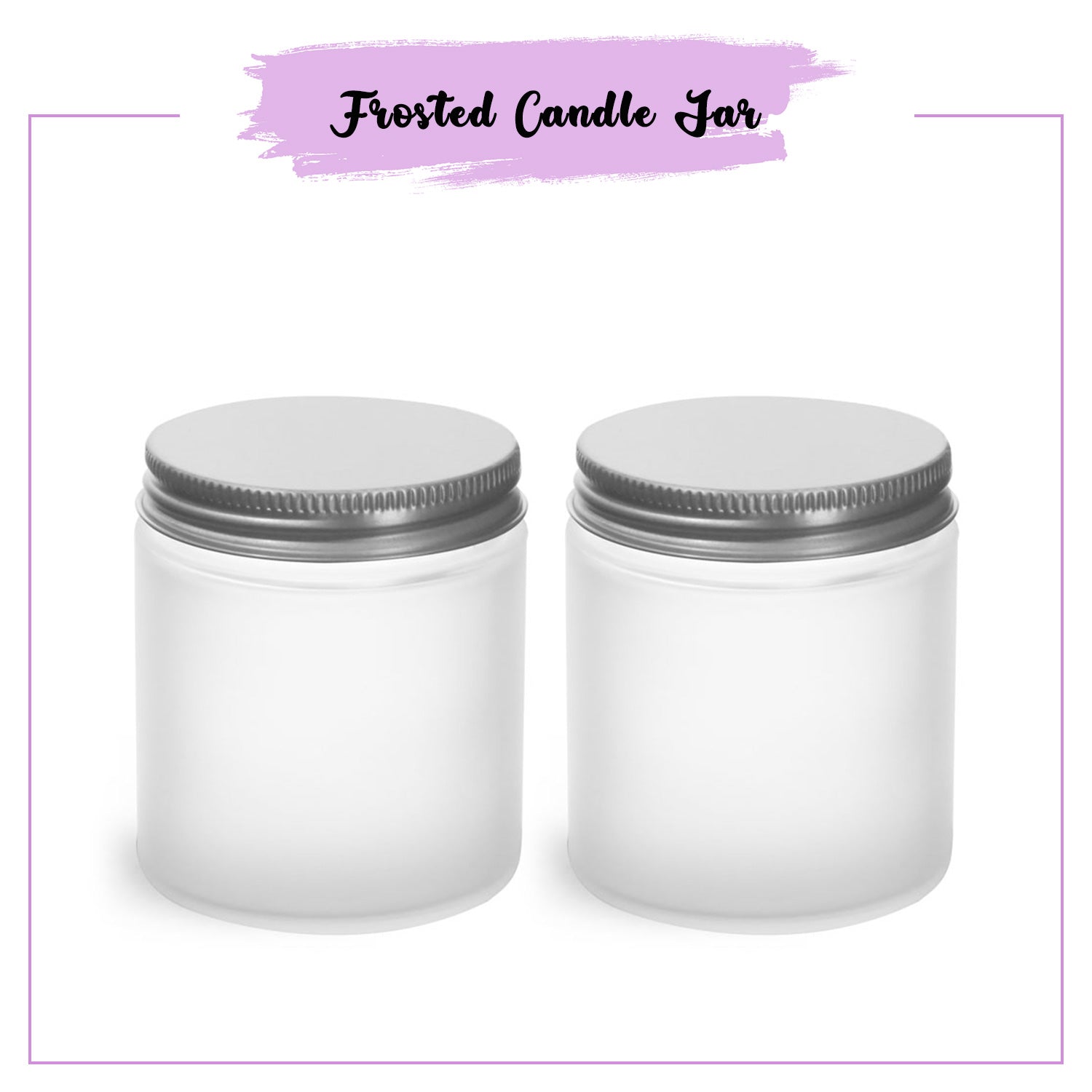

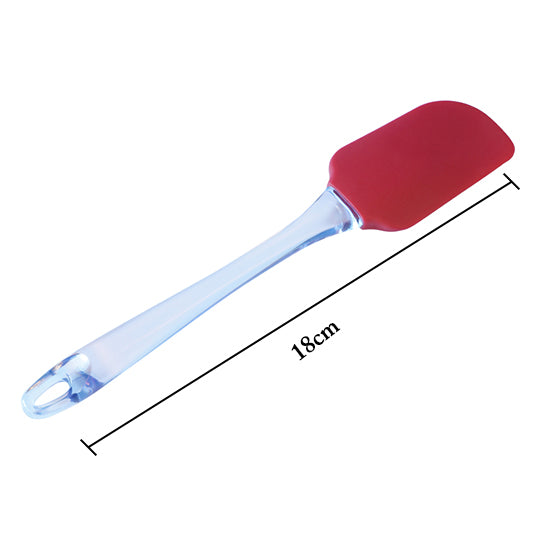

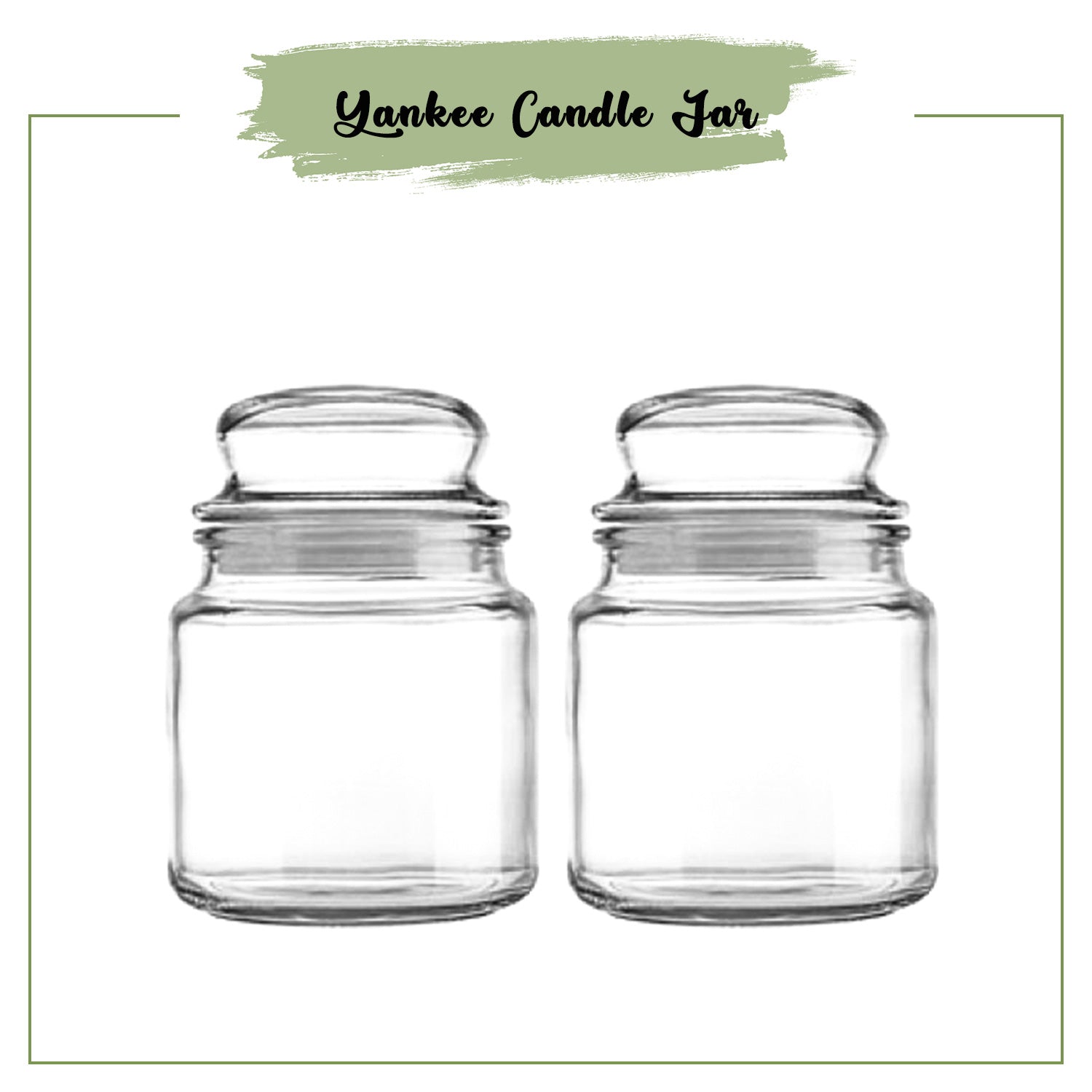

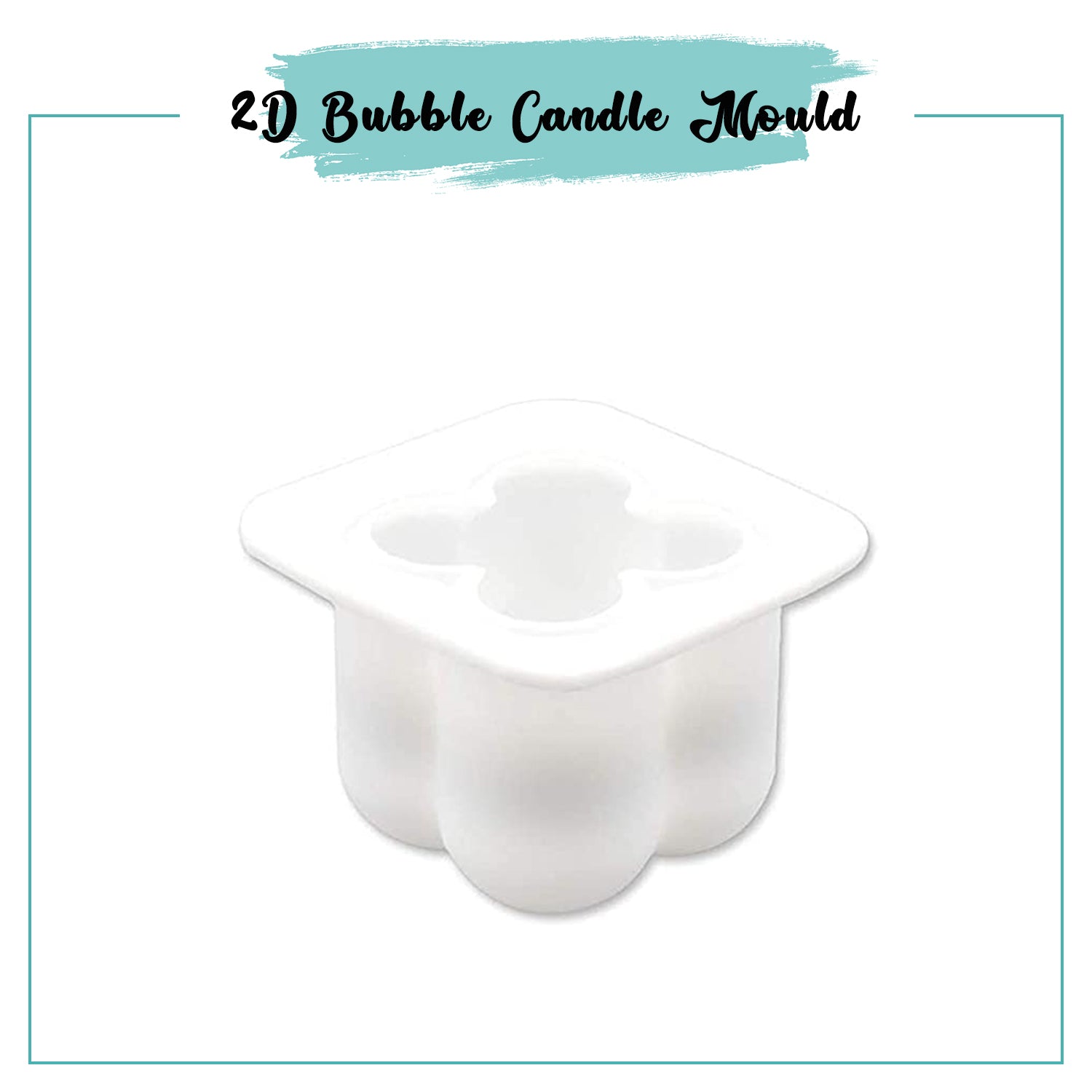


 Sign in
Sign in Register now
Register now My Reward Points
My Reward Points



